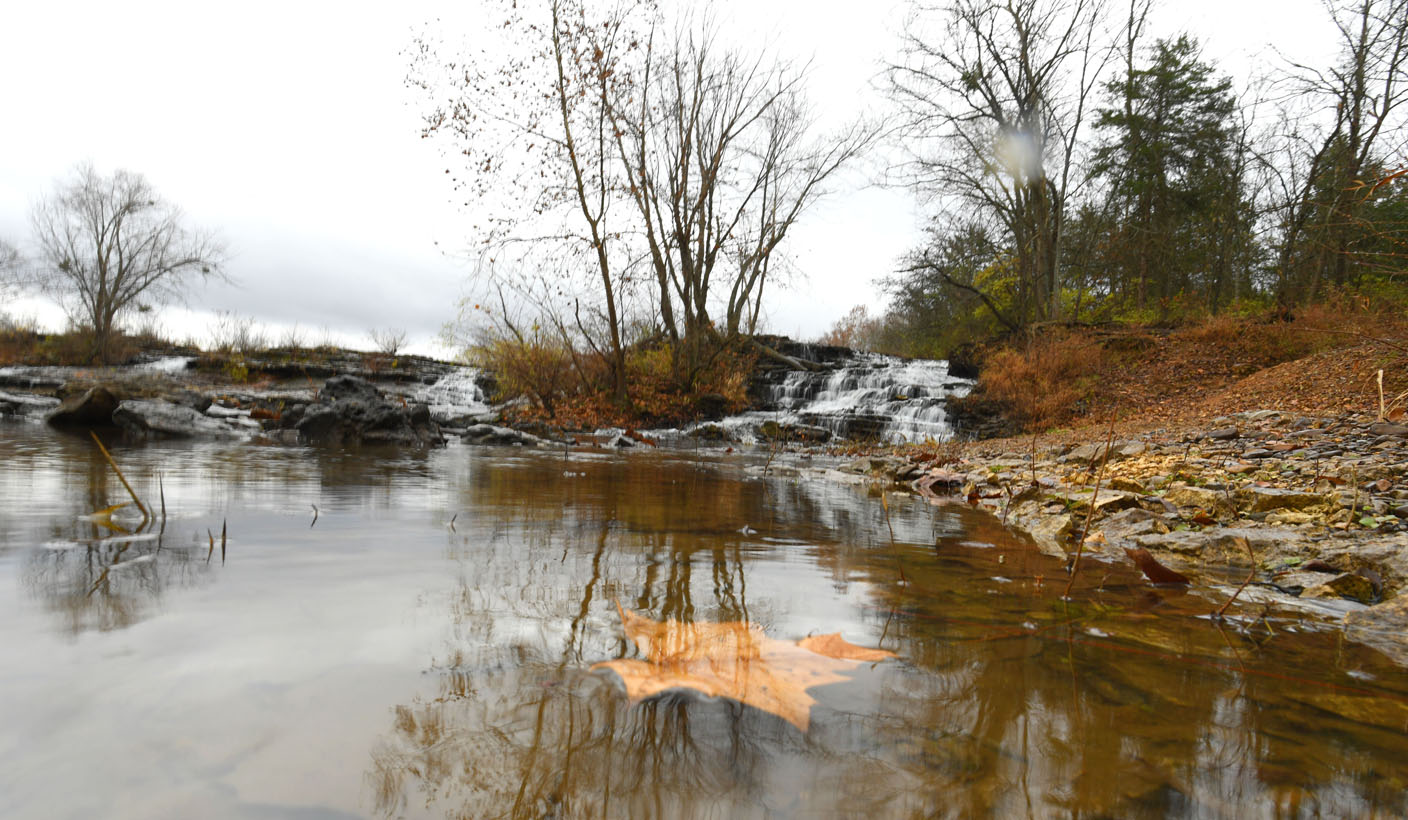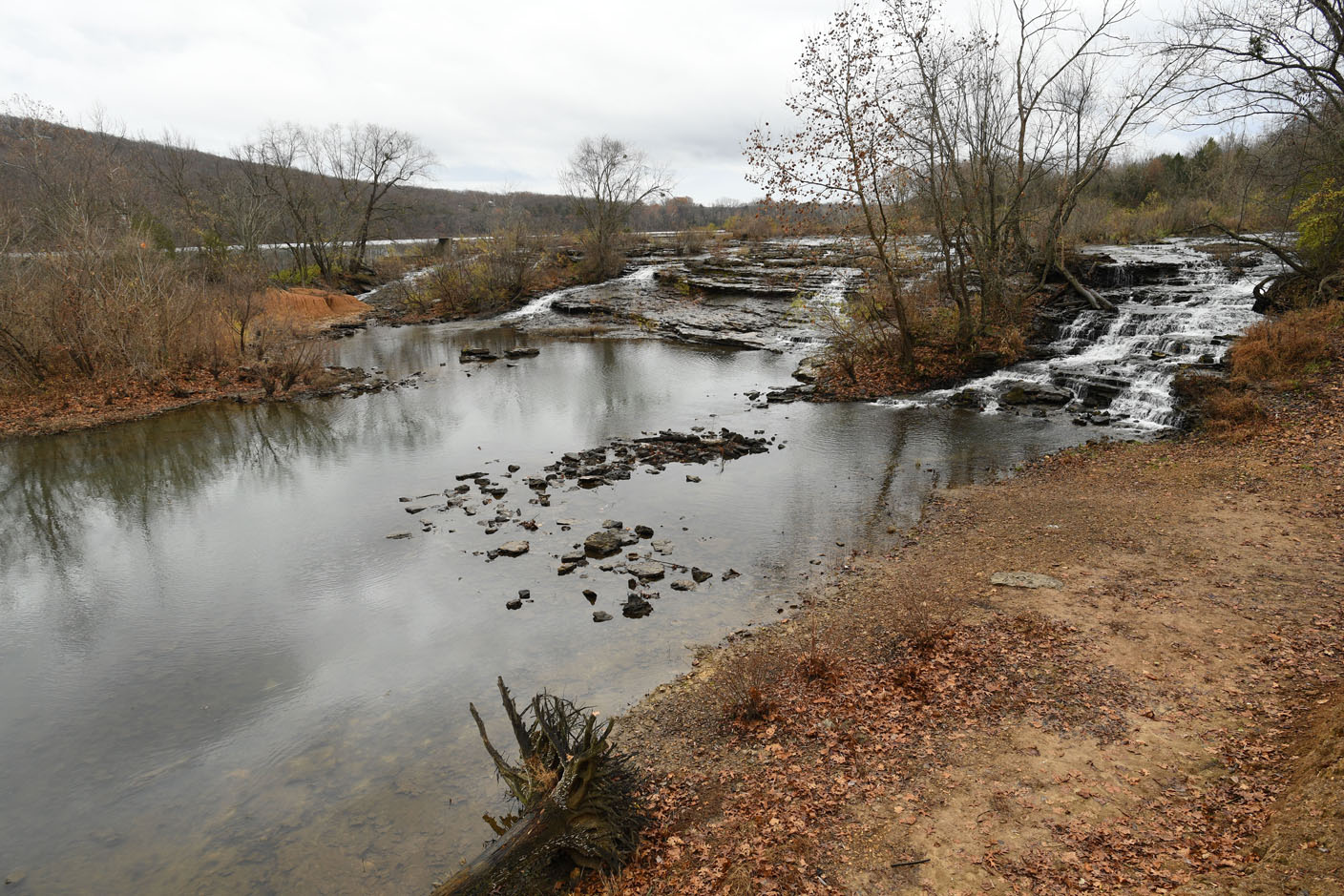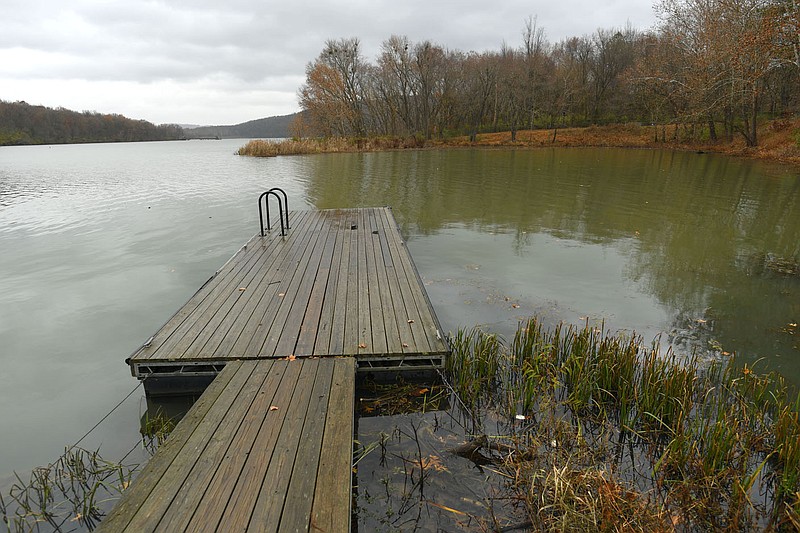FAYETTEVILLE -- An assessment of the Fayetteville's environmental efforts is helping administrators know what it's doing right and where it could do better.
The city recently received gold certification from Leadership in Energy and Environmental Design for Cities and Communities. LEED for Cities and Communities is a program of the U.S. Green Building Council, a nonprofit group in Washington promoting environmentally friendly building design, construction and operation.
No other city in Arkansas has received LEED certification. There are about 130 LEED-certified cities in the world, each with four possible certification levels: certified, silver, gold and platinum.
Fayetteville received 68 out of a possible 110 points in its overall score across nine categories. It scored highest in innovation, natural systems and ecology, water efficiency and regional planning. It received moderate scores in quality of life and energy and greenhouse gas emissions. Lowest-scored categories were solid waste, integrative planning and transportation and land use.
Peter Nierengarten, the city's environmental director, said the high marks could help the city receive grant money for environmental projects. However, the biggest benefit from the evaluation will be helping to shape the administration's future climate policies and goals, he said. For instance, the city is working with a consultant to develop a climate action plan, which should be presented to the City Council early next year.
"It helps us in some ways with a gap assessment, in terms of areas where we need improvement," Nierengarten said. "It's also always nice to be able to celebrate your successes."
Fayetteville scored 8 out of a possible 9 points in the natural systems and ecology category. There are about 366 square feet of publicly accessible green space per resident and 899 square feet per resident of natural areas as a result of the city's conservation efforts, according to the evaluation.
"I think that's just a testament to what Fayetteville stands for and how important those places are to our citizens," Nierengarten said.
The city scored 7 out of 15 points in transportation and land use. The finding affirmed what city planners have long suspected -- that many of the city's historic land use and zoning policies are outdated and not sustainable, Nierengarten said.
The city scored lowest in the solid waste category, labeled as "materials and resources" in the evaluation. It got 1 point out of 10. However, most cities in the United States scored low in that category, Nierengarten said. For instance, Santa Monica, Calif. -- one of the few platinum certified cities in the world -- got 2 points out of 10 in that category. Cities in other countries are generally more advanced on that front, he said.
For now the city is diverting about 19% of its solid waste from the landfill, with a goal to reach 40% by 2027. The city's hands are tied in some regard, Nierengarten said; for example, the city doesn't have a viable way to recycle construction debris or collect recycling at most apartments.
Fran Alexander, a resident and environmental advocate, praised the city for receiving LEED certification because it's a difficult designation to achieve. However, the city could improve in certain areas, she said.
Residents and businesses should severely curtail their use of plastic, and recycling should be mandatory, Alexander said. Additionally, Lake Fayetteville needs to be cleaned up and used as a backup water source for the city, she said.
Although the city scored high in natural systems and ecology, it could do better, Alexander said.
"Urban heat will continue to increase when acres of developing land are wiped clean of tree cover, and hillsides are gouged out and flattened for building lots," she said. "Infill that leaves no space for tree canopy to shade structures increases heat, and hard rooftops and pavement increase water run-off and flooding."
Other cities have used their gold designations to promote themselves as being desirable places to live.
Santa Fe, N.M., received gold certification in 2020, excelling in innovation, regional planning and natural systems. The city has a dashboard on its website that tracks its various environmental initiatives.
Santa Fe Mayor Alan Webber said on the LEED for Cities webpage that the award speaks volumes about his community and the values it holds. The city has a population of about 88,000.
Costa Mesa, Calif., with a population of about 110,000, also received gold certification in 2020. The city was recognized for "practical and measurable strategies and solutions aimed at improving sustainability and the standard of living for residents," according to the LEED for Cities webpage.
Costa Mesa Mayor Katrina Foley said the certification demonstrates her city's "commitment to sustainability, human health and economic prosperity" as a place where people want to live, work and play.
Administrators feel strongly that Fayetteville is leading the way in terms of innovation and sustainable practices, considering it's the only city in the state to get LEED certification, Nierengarten said.
"That's where an assessment like this is really helpful," he said. "It allows us to look not just across the country, but worldwide, and compare how well we're doing against other communities around the world."
 A sycamore leaf floats Thursday, Nov. 30, 2023, in the water below the spillway at Lake Sequoyah Park in Fayetteville. Leadership in Energy and Environmental Design for Cities recently awarded Fayetteville its gold certification for its environmentally friendly policies and programs, making it the first city in the state to receive such a designation. Visit nwaonline.com/photo for today's photo gallery. (NWA Democrat-Gazette/Andy Shupe)
A sycamore leaf floats Thursday, Nov. 30, 2023, in the water below the spillway at Lake Sequoyah Park in Fayetteville. Leadership in Energy and Environmental Design for Cities recently awarded Fayetteville its gold certification for its environmentally friendly policies and programs, making it the first city in the state to receive such a designation. Visit nwaonline.com/photo for today's photo gallery. (NWA Democrat-Gazette/Andy Shupe) Water falls Thursday, Nov. 30, 2023, down the spillway at Lake Sequoyah Park in Fayetteville. Leadership in Energy and Environmental Design for Cities recently awarded Fayetteville its gold certification for its environmentally friendly policies and programs, making it the first city in the state to receive such a designation. Visit nwaonline.com/photo for today's photo gallery. (NWA Democrat-Gazette/Andy Shupe)
Water falls Thursday, Nov. 30, 2023, down the spillway at Lake Sequoyah Park in Fayetteville. Leadership in Energy and Environmental Design for Cities recently awarded Fayetteville its gold certification for its environmentally friendly policies and programs, making it the first city in the state to receive such a designation. Visit nwaonline.com/photo for today's photo gallery. (NWA Democrat-Gazette/Andy Shupe)On the web
Read the LEED case study for Fayetteville at:
https://www.usgbc.org/resources/city-fayetteville-case-study

